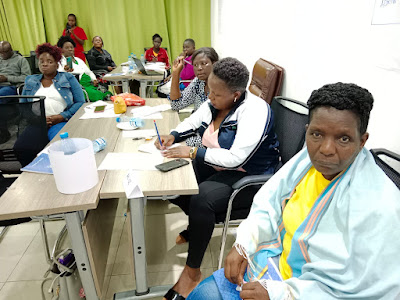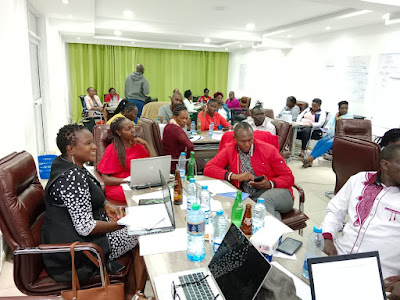In the face of accelerating climate change and growing concerns about animal welfare, grassroots women and youth have emerged as critical players in the transition to sustainable farming practices. Their unique viewpoints, energy, and local expertise are critical for pushing innovation that improves climate resilience and promotes animal welfare. Transitional farming is the evolution from traditional agricultural techniques to sustainable, climate-smart systems that promote environmental protection, animal welfare, and community well-being. This change entails implementing practices such as agroecology, regenerative agriculture, and ethical livestock management, all of which aim to reduce greenhouse gas emissions, promote biodiversity, and protect animal dignity.
Grassroots women and youth are frequently the primary animal
caregivers and agricultural practitioners in rural communities. Their
understanding of local ecosystems, traditional agricultural techniques, and
cattle behavior can be extremely useful in devising sustainable solutions
adapted to specific circumstances. Women and youth are natural innovators,
constantly looking for new ways to increase production and sustainability.
Their involvement in education and grassroots movements has given them the
opportunity to experiment with and embrace environmentally friendly strategies
such as integrating crop-livestock systems and using organic waste as animal
feed.
Women and youth have a unique potential to galvanize
communities. They can raise awareness about animal welfare and climate-smart
farming through women's groups, youth-led organizations, and cooperatives,
while also encouraging collaborative solutions to common concerns.
Climate-smart agriculture techniques driven by women and youth help to enhance
community resilience. The shift to
sustainable farming is a collective undertaking that requires active
participation from all stakeholders, particularly grassroots women and youth.
Their ingenuity, resilience, and dedication to animal and environmental
well-being make them invaluable allies in the pursuit of a sustainable
agricultural future. By investing in their capabilities and removing structural
barriers, we can realize their full potential and secure a climate-resilient
and compassionate farming ecology for future generations.


.jpeg)
.jpeg)










